A red dawn had just broken when Stephanie Sathege joined the line to vote at her local polling station in the Johannesburg township of Alexander on Wednesday. The voting booths hadn’t yet opened, but she and dozens of other people were enthusiastic enough to be there ahead of time. A sixty-two-old black South African, this was the seventh time she had been allowed to vote in a general election, having lived under democracy only half her life.
Today, just as she did thirty years ago, Stephanie is contributing to an historic outcome. But this election day would be different to all the previous ones.
“Since 1994, I have been voting for the ANC but even now, I am still living in a shack,” she says. “We don’t have water, we don’t have power, we don’t have toilets, we don’t have a house, we don’t have land.” Like most of the people in line, she endures life in a tinned-roof squatter shanty where rats scurry around and sewage water trickles past the portapotties.
The mood is gloomy as people wait to cast their vote. What a contrast to the euphoria of the first democratic elections — “Freedom Day” — when the “Rainbow Nation” was born.
I watched Stephanie enter the booth where, with a cross on her first ballot paper, she severed her ties with the African National Congress — the party of the anti-apartheid struggle, the party of liberation, the party of Nelson Mandela — the political movement which has been part of her identity for her entire life.
The ANC has been the party of government since Mandela’s first democratic government in 1994, after decades fighting the racist system of apartheid. But the inability of his heirs to deliver a fair society for all has led to a moment which would have once seemed unthinkable. The party has now lost its majority for the first time in the history of South African democracy.
South Africa has the highest unemployment rate of any country, rising to 32.9 percent during the first three months of this year. And its society remains one of the most unequal in the world — “race remains a key driver” behind the gap, according to a 2022 World Bank report.
“We need change, we need change. The ANC just keep getting richer — and we get poorer,” Stephanie says. “I voted for the EFF instead,” referring to the Economic Freedom Fighters, the anti-capitalist party led by firebrand former ANC youth leader Julius Malema, who seeks to strip some white people of land. The party leadership often wear red berets, an attempt to invoke the revolutionary spirit of the anti-apartheid movement.
But a brand-new party led by Jacob Zuma, the fourth post-apartheid president who was ousted in 2018, has also chipped away at support for the ANC — Zuma’s former party — particularly in the province of KwaZulu-Natal. His uMkhonto we Sizwe Party, known an MK, uses the name and logo of the ANC’s former armed wing, defining its mission as being an anti-government struggle, as it was during apartheid. It has vowed to nationalize industries and redistribute land.
The ANC won 57.5 percent of votes in the 2019 election, its lowest ever vote share. But this time, with counting incomplete, the fall in support for the party seems to have exceeded even the party’s worst expectations. The most recent estimates from the ANC’s campaign headquarters suggest they may not achieve much more than 40 percent of the vote. Either Zuma or Malema could be kingmakers in the country’s first ever coalition government, demanding radical left-wing reforms. Another option would see the white-led Democratic Alliance, the second largest party, enter a partnership. It is considered more business-focused than the other potential partners.
For Dr. Mamphela Ramphele, the anti-apartheid icon, the ANC has become a “criminal enterprise” deceiving its supporters to enrich party members, who hand lucrative government contracts to friends while doing little to improve the lives of ordinary people.
“Betrayal doesn’t begin to capture the actual pain, because not only have they betrayed me but particularly, they have betrayed my peers who in the end made the ultimate sacrifice,” Dr. Ramphele says.
‘The ANC no longer represents the people of South Africa and their dreams. They represent themselves, and themselves, and themselves.’
“I have come to the sad conclusion, as Archbishop (Desmond Tutu) did, that the ANC no longer represents the people of South Africa and their dreams. They represent themselves, and themselves, and themselves.”
Dr. Ramphele was the partner of Steve Biko, a leading anti-apartheid activist who died in custody in 1977 and who might have become the first black president of South Africa. He went on: “This ANC government for decades has refused to teach civil education in the classroom and so they are perpetuating a colonial mindset, they are perpetuating dependency. They are denying us the ability to be licensed drivers of this beautiful country, this beautiful constitutional democracy.
“A grievous error, a grievous betrayal, has been committed by the current government and its predecessors. So it is time for every South African to stop complaining and exercise the power they have.”
Many longstanding ANC voters agree with Dr. Ramphele. The party is no longer able to hide its recent failures behind past successes. South Africa’s fourth decade of democracy is likely to be a time of political change. After a long period of adversarial politics, the country’s best hope is for a new sense of consensus.
This article was originally published on The Spectator’s UK website.



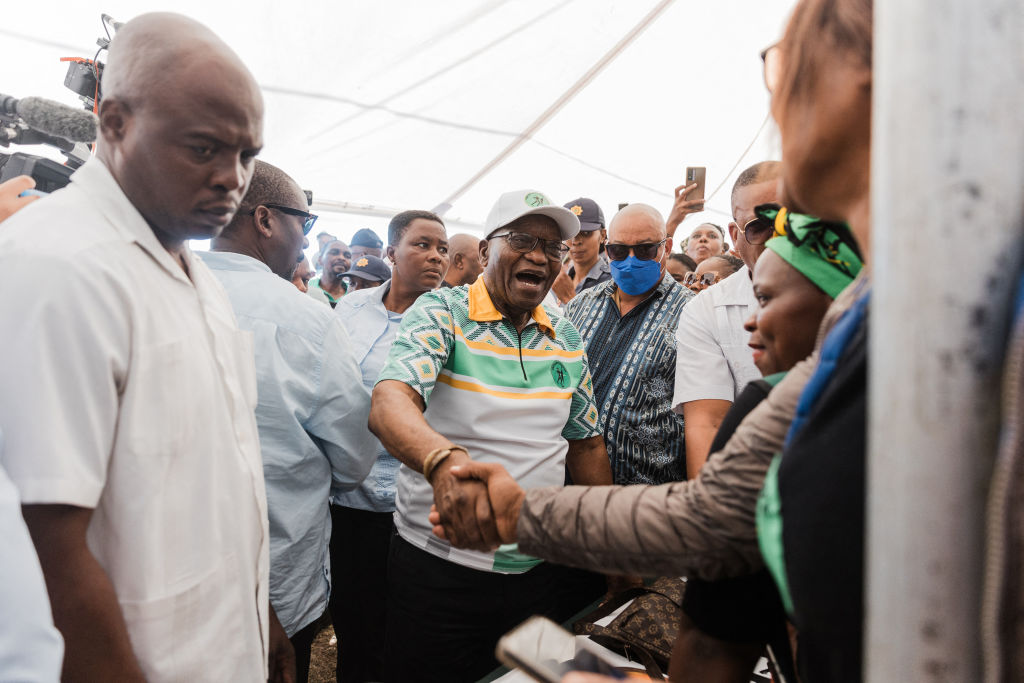






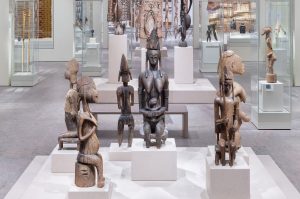
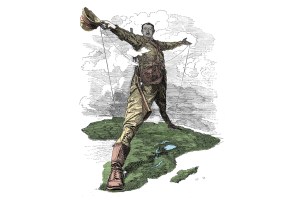
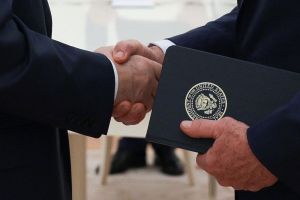
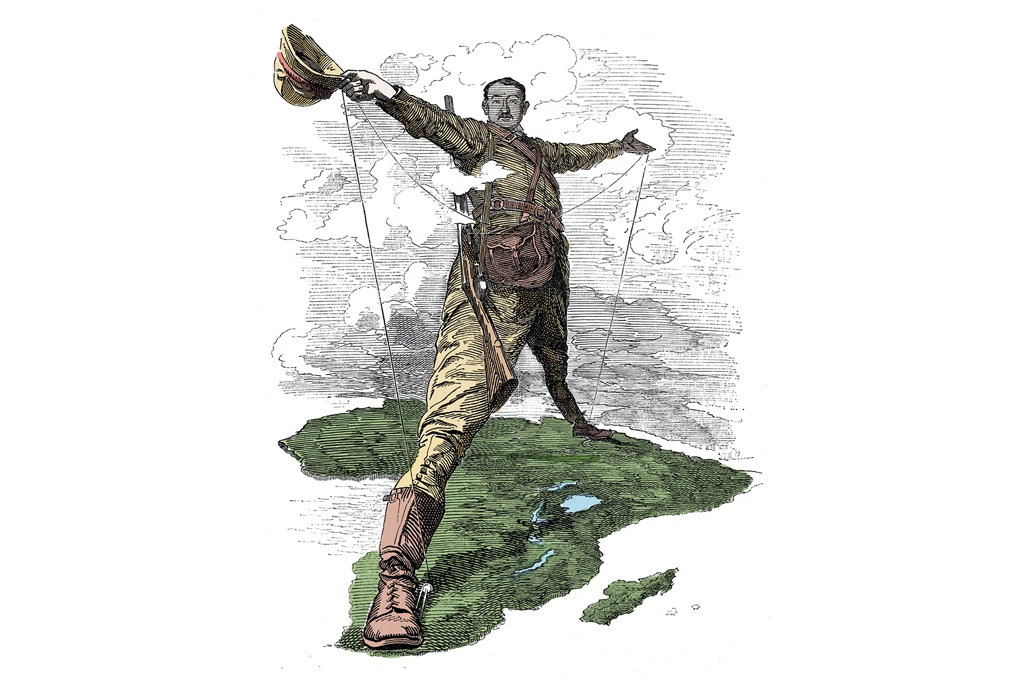
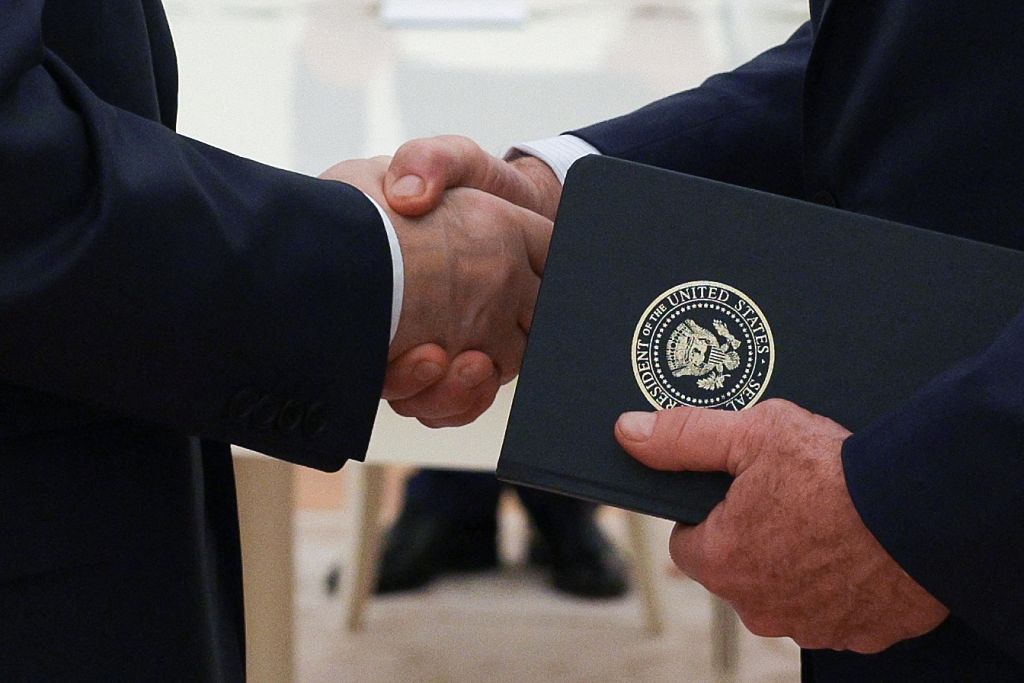
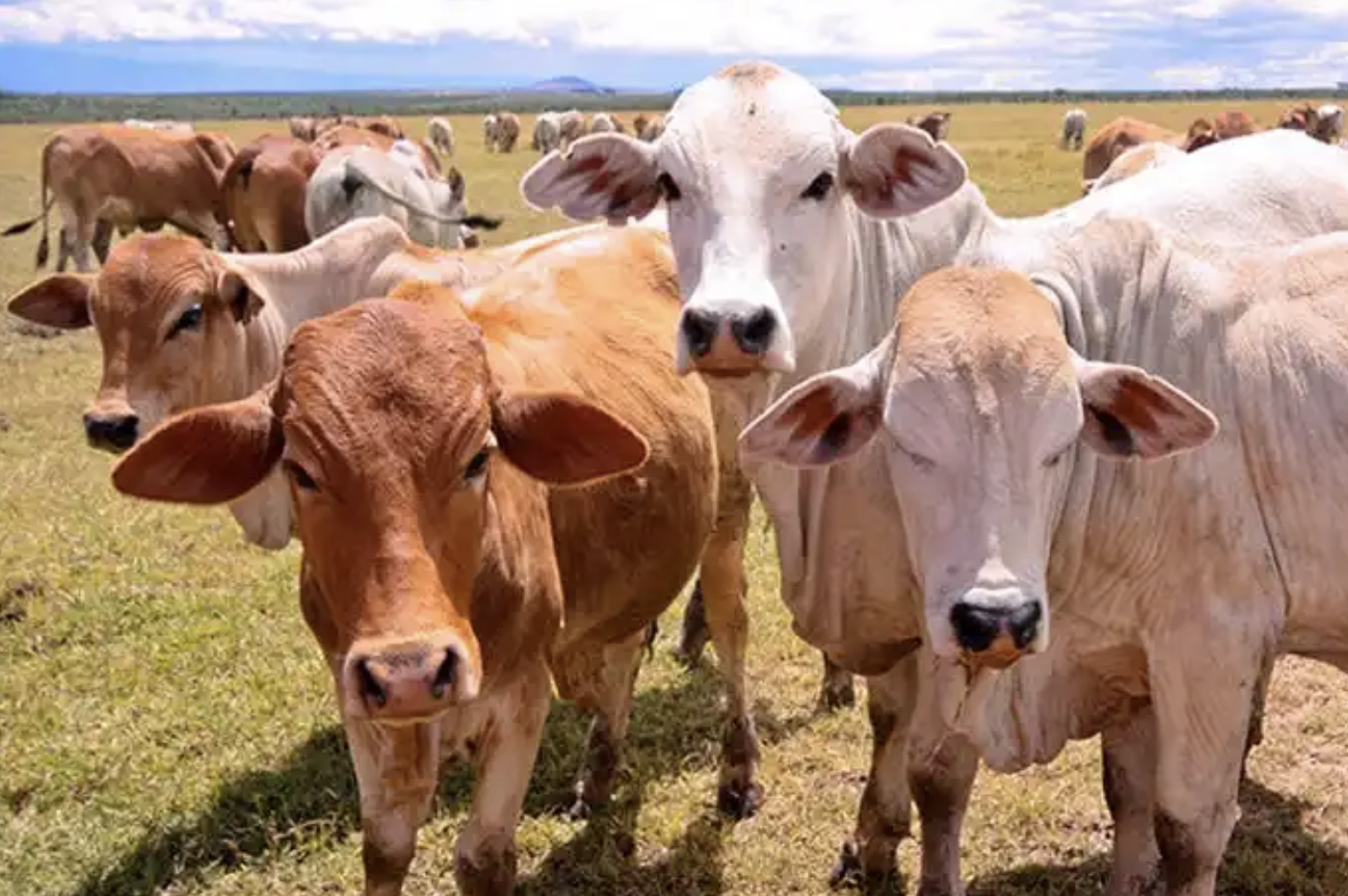

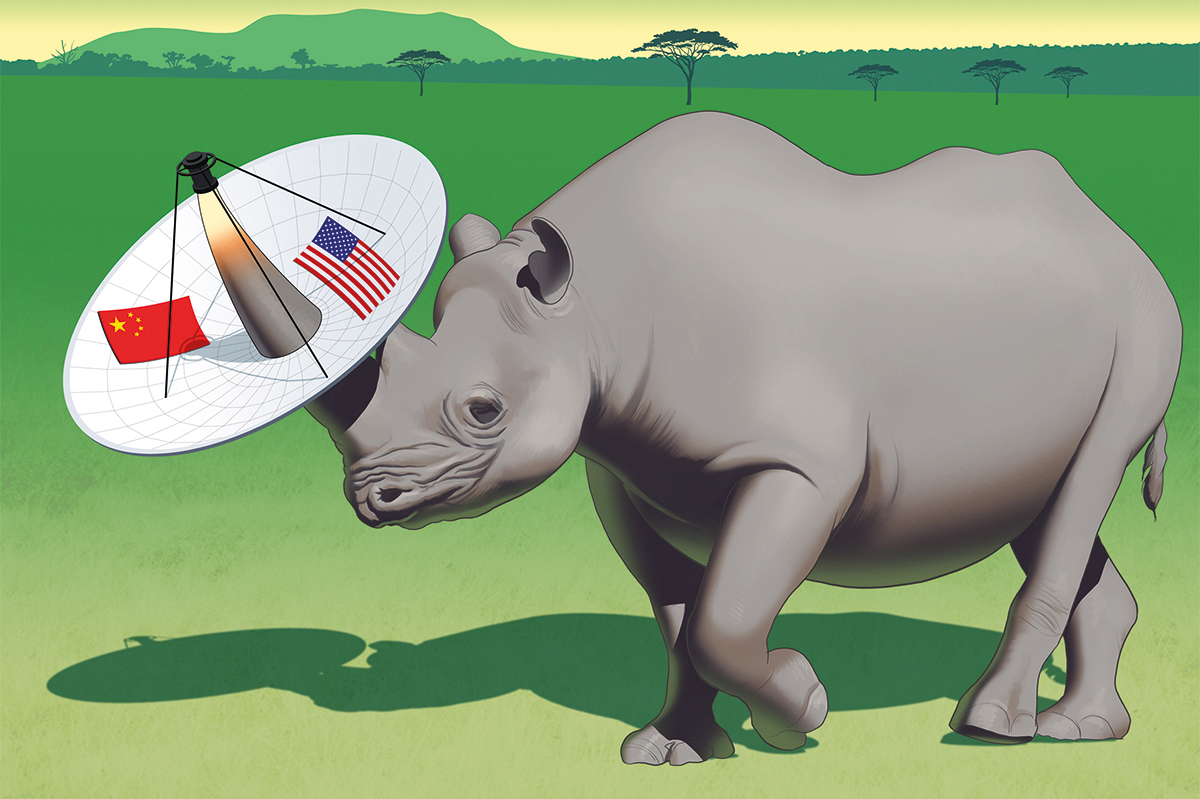
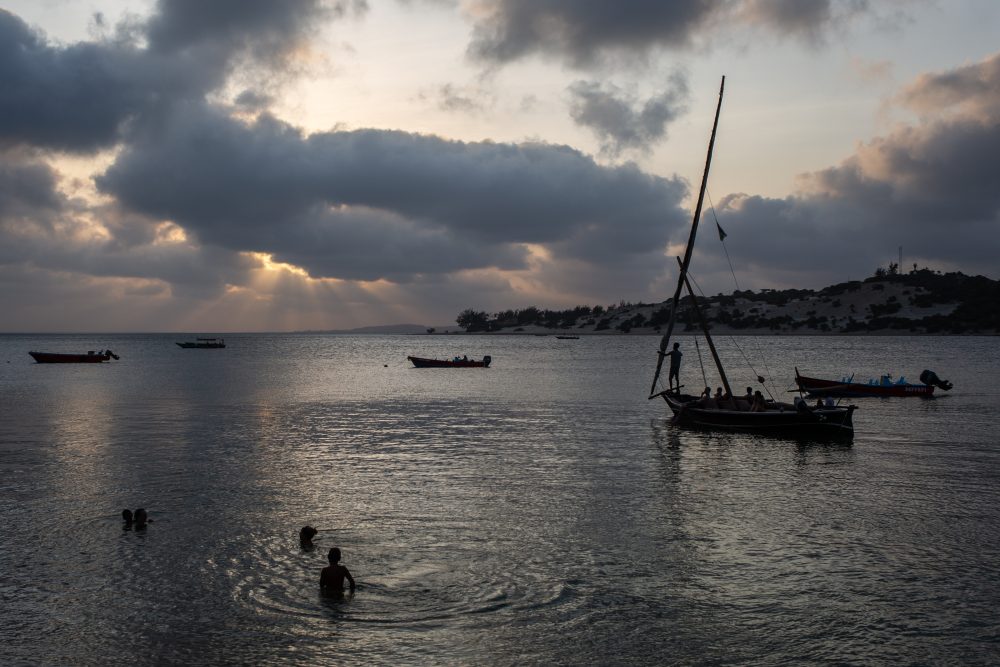







Leave a Reply